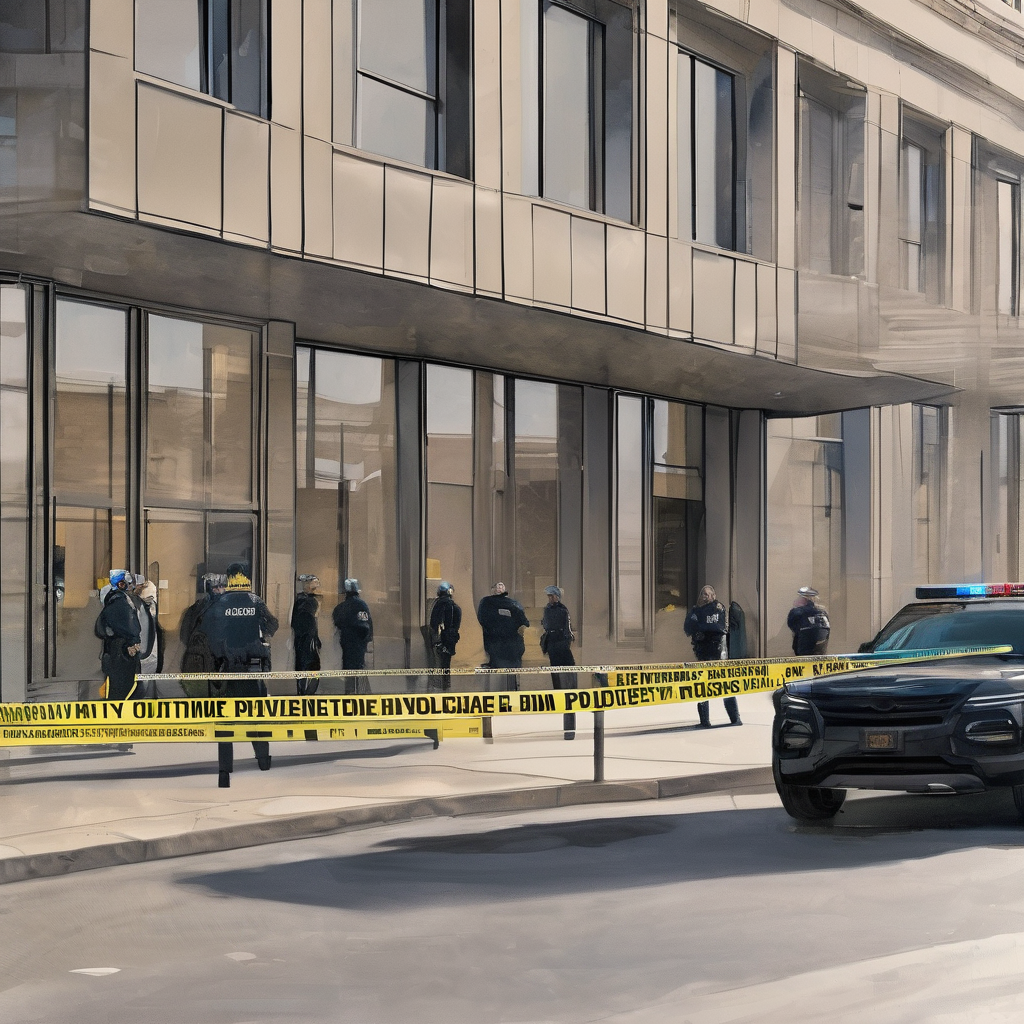The recent shooting incident at an Immigration and Customs Enforcement (ICE) field office in Dallas marks a troubling escalation of violence against federal officials. The attacker, identified as 29-year-old Joshua Jahn, acted with the intention to harm ICE agents, viewing their duties as “human trafficking.” Despite the tragic loss of life among ICE detainees, authorities have clarified that Jahn did not intend harm towards the detainees themselves but sought to instill fear among ICE employees.
Jahn, who worked as a solar panel installer and was noted for his solo planned attack, met a grim end, taking his own life after the incident. His writings, discovered during a home search, outlined his solitary act and his intention to disrupt ICE operations, which he condemned as human trafficking. Authorities confirmed that his actions align with the federal definition of terrorism.
Although this attack resulted in no federal personnel injuries, it reveals the heightened risks faced by those working in immigration enforcement. The sniper’s act of violence is part of a concerning pattern of attacks on facilities and personnel dealing with immigration and border security, as seen in past incidents within Texas and throughout the United States.
Officials, including the acting U.S. Attorney Nancy Larson and FBI special agent Joseph Rothrock, emphasize the lone nature of Jahn’s act with no immediate threats to the public. Nonetheless, this incident reflects ongoing tensions surrounding U.S. immigration policies and enforcement.
In the wider scope, parallels can be drawn between this event and other recent shootings that target specific groups or facilities, often driven by ideological beliefs. This highlights a growing need for enhanced security measures and preventative strategies to protect law enforcement and governmental staff.
Communities are called upon to remain vigilant and engaged in dialogue about preventing such acts of violence. This disturbing episode underscores the importance of addressing underlying ideological divides while fostering a more secure and empathetic society. As investigations continue, authorities and community leaders alike hope to prevent future tragedies by promoting understanding and cooperation among all societal factions.
